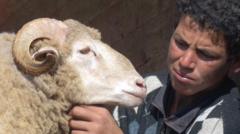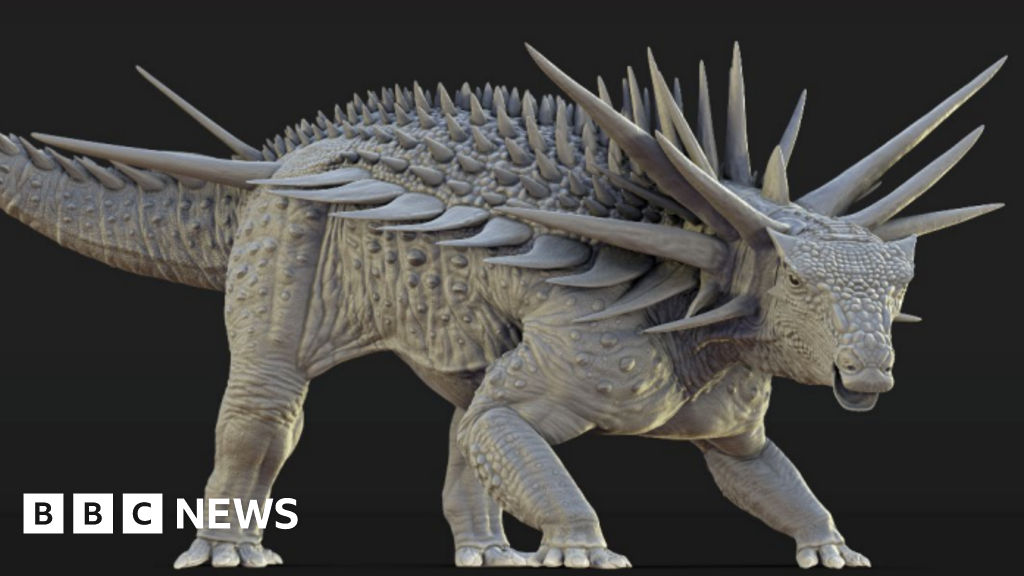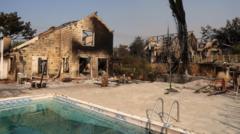Moroccan King Urges Restraint on Sheep Slaughter for Eid Amid Drought Crisis
In response to a dramatic decline in sheep herds attributed to severe drought, Morocco's King Mohammed VI has implored citizens to forgo the traditional Eid al-Adha animal sacrifice this year.
Amid escalating meat prices and a 38% reduction in sheep herds over the past decade, King Mohammed VI has officially requested that Moroccans abstain from performing the customary slaughter during Eid al-Adha. The King’s message, delivered by the minister of religious affairs on national television, reflects the serious agricultural challenges stemming from seven years of persistent drought, which have left many families struggling financially. Eid al-Adha is an important Islamic holiday commemorating the willingness of Prophet Ibrahim to sacrifice his son in obedience to God, and typically involves the slaughtering of sheep or similar animals. However, due to the dramatic shortages, which have led to a surge in meat prices, Morocco has begun importing 100,000 sheep from Australia to help meet demand. The King acknowledged that performing the sacrifice under these circumstances could significantly harm economically vulnerable populations. Historical parallels have been drawn to a similar plea made by King Hassan II during a drought in 1966. With agricultural sectors placed under strict water rationing, Morocco’s agriculture minister indicated that priority must now be given to water needs for essential services, while recently lifted import taxes on livestock aim to stabilize prices across the nation.
In response to a dramatic decline in sheep herds attributed to severe drought, Morocco's King Mohammed VI has implored citizens to forgo the traditional Eid al-Adha animal sacrifice this year.
Amid escalating meat prices and a 38% reduction in sheep herds over the past decade, King Mohammed VI has officially requested that Moroccans abstain from performing the customary slaughter during Eid al-Adha. The King’s message, delivered by the minister of religious affairs on national television, reflects the serious agricultural challenges stemming from seven years of persistent drought, which have left many families struggling financially. Eid al-Adha is an important Islamic holiday commemorating the willingness of Prophet Ibrahim to sacrifice his son in obedience to God, and typically involves the slaughtering of sheep or similar animals. However, due to the dramatic shortages, which have led to a surge in meat prices, Morocco has begun importing 100,000 sheep from Australia to help meet demand. The King acknowledged that performing the sacrifice under these circumstances could significantly harm economically vulnerable populations. Historical parallels have been drawn to a similar plea made by King Hassan II during a drought in 1966. With agricultural sectors placed under strict water rationing, Morocco’s agriculture minister indicated that priority must now be given to water needs for essential services, while recently lifted import taxes on livestock aim to stabilize prices across the nation.





















